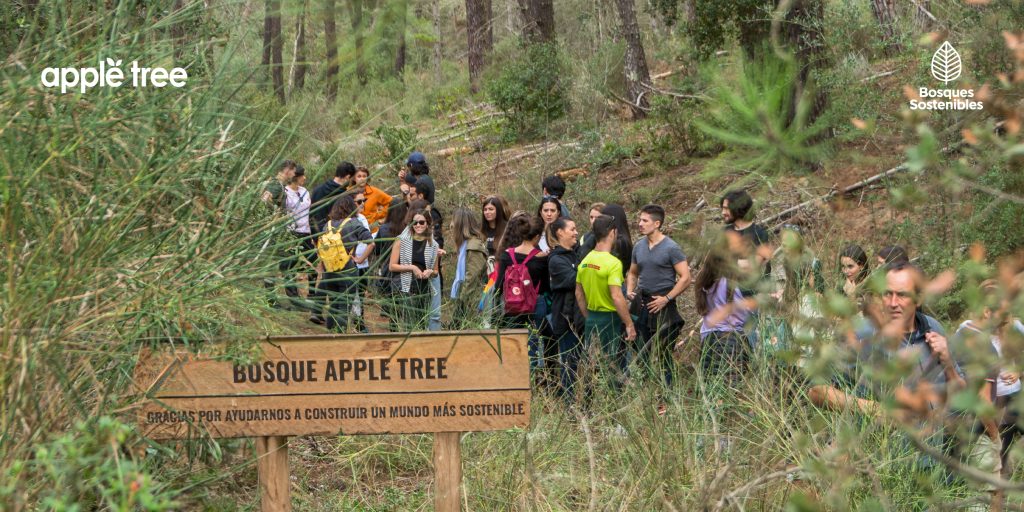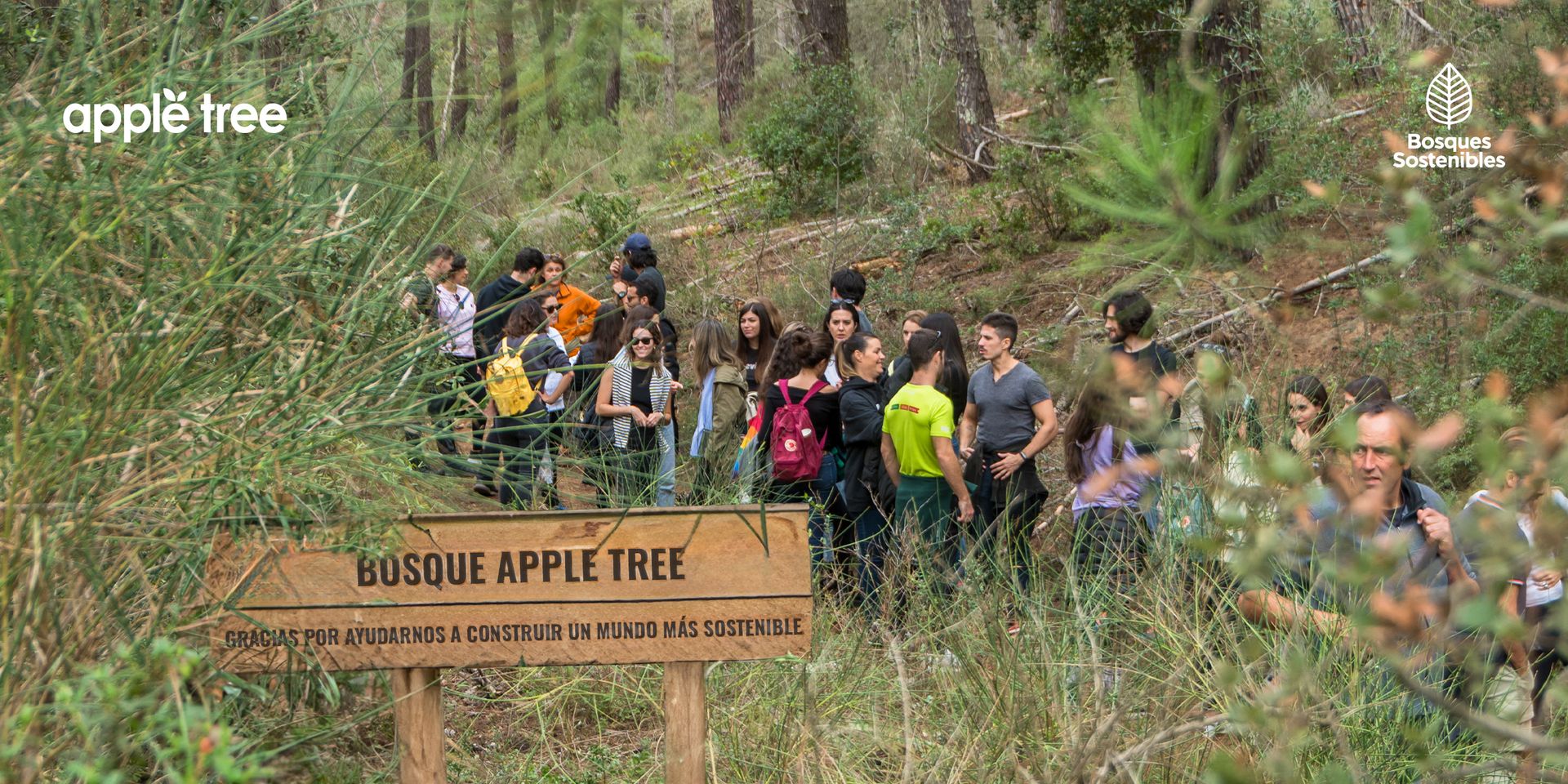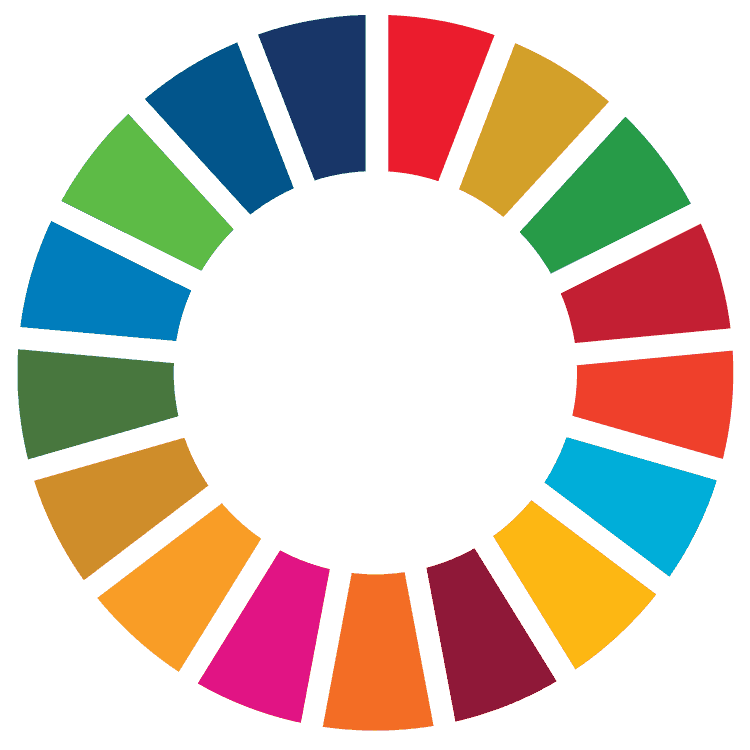Eight years have passed since the adoption of the Agenda 2030 and the 17 Sustainable Development Goals (SDGs), created to end poverty, protect the planet and reduce inequality. Progress has been made towards many of the goals but is notably lacking in one of the most important areas: sustainable forest management.
The indicators the UN uses to monitor the evolution of this particular SDG show a significant decline. The area of forested land recorded in 2020 was 40,589 square kilometres, down from 41,582 in 2000. These figures highlight the very real threat to forests, but – instead of addressing the issue – we are ignoring it.
Forests are fundamental to combating climate change, bringing a wealth of benefits to society both now and in the future. They play a key role in eradicating poverty and contribute to achieving many other SDG targets.
Forests not only have an environmental function, they are also crucial to the economy and people’s well-being. Nearly 900 million people, mostly in developing countries, are involved in the production of firewood and charcoal. Some 2.4 billion people worldwide, or one in three, use wood to cook their food. Several studies have shown that visiting forests reduces blood pressure, heart rate and cortisol levels. That’s no small feat.

APPLE TREE is dedicated to protecting the environment, and working towards a more sustainable world is integral to our corporate strategy. That’s why we we are focusing on forests. And true to our name, every 21st October, Apple Day, we dedicate our Goodness Day to reforesting forests.
IN 2023, we planted a thousand trees in Viu de Llevata (Lleida) and Navalacruz (Ávila). Since 2020, we have planted more than 3,814 trees, and our goal is to reach 5,000. This initiative not only contributes to the fight against deforestation but also helps to raise awareness among those we work with and helps us to create bonds between us. So we can say loud and clear that sustainability does create value and helps us to be better people.


